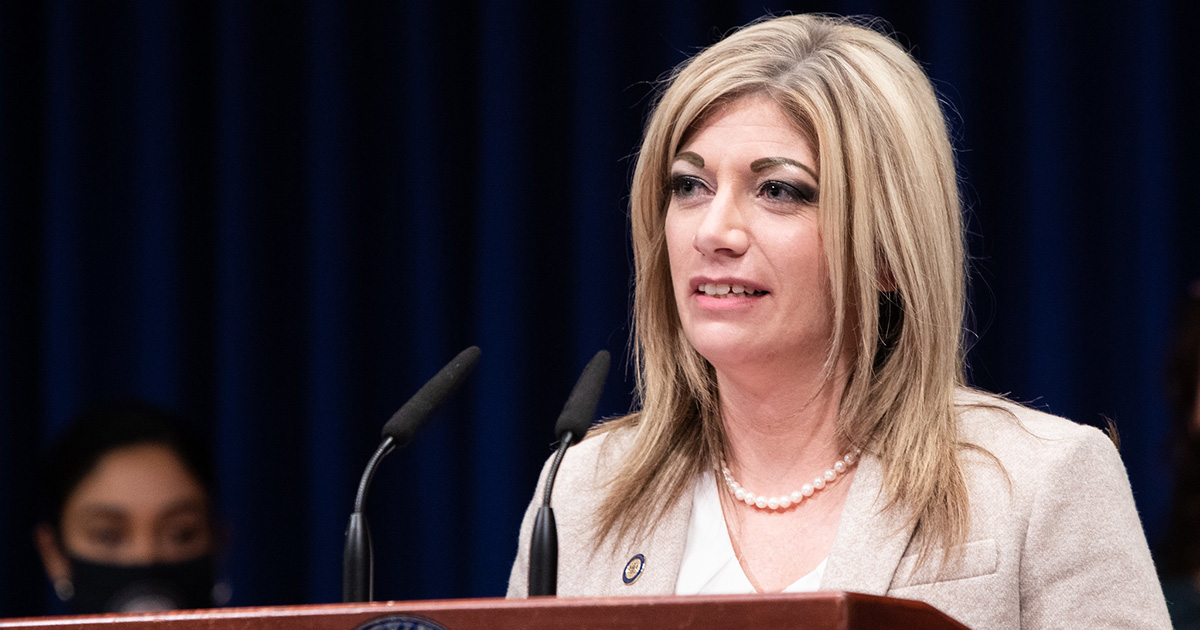
HARRISBURG, November 8, 2021 – State Sen. Katie Muth, D-Chester/Montgomery/Berks, and State Rep. Mike Sturla, D-Lancaster, announced today that they have introduced the Pennsylvania Water Resource Act in both the House (H.B. 20) and the Senate (S.B. 868) to improve water quality.
Their legislation would charge extraordinary water users a nominal per-gallon fee for removing water from Pennsylvania waterways, either 1/100 of a cent per gallon ($0.0001) for those who return the water or 1/10 of a cent per gallon ($0.001) for those who never return it. Thus, a 10,000-gallon withdrawal would cost $1 per day and $10 per day respectively.
“For too long, Pennsylvania has allowed its precious water resource to be used for free by extraordinary water users who take over 8 billion gallons of water every day. Our legislation would raise $350 million annually to help state agencies, municipalities, watershed organizations and authorities improve water quality throughout our commonwealth,” Sturla said.
“I am grateful to work with Representative Sturla on companion legislation to establish the Pennsylvania Water Resource Act and to ensure that our most precious natural resource is protected and safe to drink,” Muth said. “Our bill would allow the Commonwealth to invest in water improvement and stormwater management projects without placing any financial burden on residential and agricultural water consumers. Improving the quality and accessibility of clean water should be a priority for all legislators.”
Under the legislation, a Water Use Fund would be managed by the Pennsylvania Infrastructure Investment Authority to distribute the money to the watershed where the money was generated for local water improvement projects, such as storm water management and the installation of riparian buffers. It also would provide money to state agencies: $30 million for the Department of Environmental Protection, $25 million for the Department of Conservation and Natural Resources, $11 million for the Department of Agriculture, and $5 million for Fish & Boat Commission.
###
